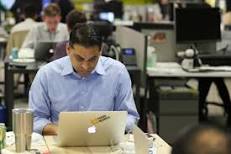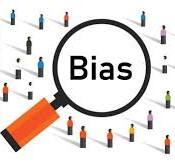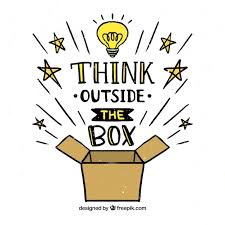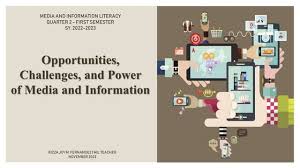
Q&A with Ayan Mittra, Senior Managing Editor of The Texas Tribune
For nearly 25 years, Ayan Mittra has been steeped in the unique complexities of Texas politics, digital media, and election coverage. As the senior managing editor of The Texas Tribune, Mittra's leadership determines how millions of Texans stay informed about current events – an increasingly challenging task in the face of digital transformation.
Before joining the Tribune, the Beaumont native and The University of Texas at Austin graduate spent ten years at The Dallas Morning News in copy editing, legislative session reporting, night city editing, and web editing roles.
New India Abroad had the chance to ask Mittra about his career and his leadership as an Indian American. Here’s what he shared.
Q: How did you first break into your industry, and what attracted you to it?
A: I sent letters to multiple newspapers doing work I really respected. I was lucky enough that The Dallas Morning News had an opening for a copy editor on its suburban desk. I was attracted to the work because I had a penchant for grammar and really enjoyed the work of editing stories. It felt like a great opportunity to join an organization with plenty of people to learn from and improve at my craft.
Q: As you grew in your industry, what hurdles have you faced that you didn’t see coming?
A: The rapid transformation of the industry really created hurdles, but also opportunities. As legacy business models faded, strategy wasn’t always as quick to follow up. So you had to learn to be more nimble and take on new responsibilities. But if you saw it as an opportunity to learn new skill sets, you really took it as a plus.
Q: As an Indian-American, would you say your Indian heritage has had any impact on your career path? If so, what was its influence?
A: I will attribute any influence directly to my parents. In addition to a strong work ethic that focused on production and not attention, they also instilled in me an intellectual curiosity that has really served well in a newsroom.
Q: The digital era has been an interesting time for the journalism industry – of the many changes taking place in media, what recent shifts have had the biggest impact on your day-to-day?
A: No day is predictable. And the news cycle never ends. People are constantly on their phones looking for information through various apps. It’s hard to break through the noise with the vital work that we produce. So that increases the importance of prioritization, the balance of addressing daily needs while making space for long-term strategy.
Q: What experiences have you had that have helped you rise to these challenges?
A: I’ve made more than my fair share of mistakes. You always learn more from mistakes. I’ve been fortunate to have had thoughtful bosses who’ve helped me focus on learning from my mistakes rather than making me feel even worse. Also, having peers I can talk with across the industry is so helpful in overcoming things that might feel insurmountable. Support systems are prevalent across this industry — one of the best things about journalism.
Q: What keeps you up at night as a newsroom leader in 2023? Is there anything you’re particularly optimistic about for the future of your industry?
I’ve been part of a nonprofit journalism organization, and it’s been great to be part of an effort to really showcase journalism as a public service. But there’s only so much foundational support to go around as more nonprofit news outlets emerge. How can we continue to work on sustainability? How can we better support our staffers, who are covering and living in tough times for journalists?
Q: Do you have any advice for Indian Americans or Indian immigrants who hope to pursue a career in journalism and media?
Find people whose work you admire and would like to emulate. Reach out to them and ask to talk, and you’re likely to get a positive response. Be honest and vulnerable about your fears and hurdles in pursuing such a career. Ask for career advice. Mentorship is really important and not always emphasized in our community.
 Dedee Droege
Dedee Droege







